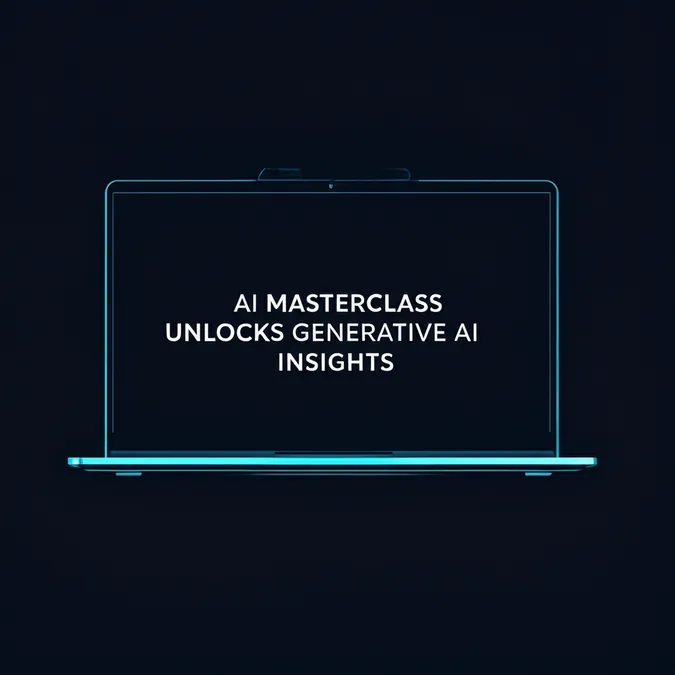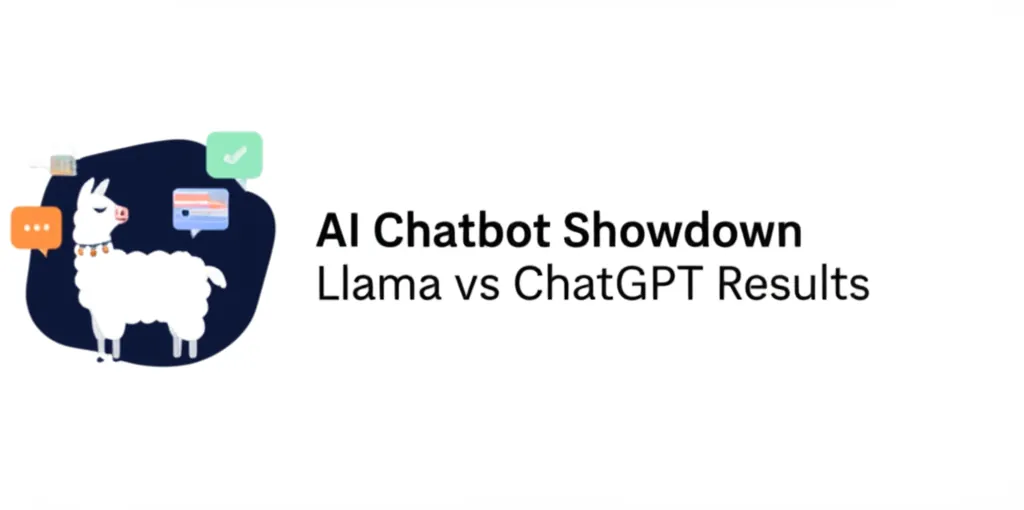Developer Offer
Try ImaginePro API with 50 Free Credits
Build and ship AI-powered visuals with Midjourney, Flux, and more — free credits refresh every month.
HubSpot Unveils ChatGPT Powered CRM Analysis
HubSpot is enhancing its platform by integrating with ChatGPT, a move designed to empower marketing, sales, and service teams with AI-driven analysis of their customer data. This new connector aims to provide deep research capabilities, allowing businesses to leverage sophisticated AI for actionable insights directly from their CRM.
HubSpot, a prominent provider of marketing automation and customer relationship management (CRM) tools, announced on June 4th the launch of what it terms the first CRM deep research connector with ChatGPT. This integration empowers businesses to analyze their customer data directly within ChatGPT and subsequently act on the derived insights. The focus is particularly on benefiting small and midsize businesses (SMBs) by making advanced analytics and automation more accessible.
Company officials state that the connector allows teams to apply "doctorate-level research and analysis" to their customer information. With over 250,000 businesses currently utilizing HubSpot as their Customer Data Platform (CDP), and more than 75% of these customers already using ChatGPT, the potential impact is significant.
The connector aims to make advanced technology more accessible for SMBs by offering AI-powered insights without demanding extensive data resources or deep technical expertise.
Impacted Audiences
This new integration is set to benefit various teams:
- Marketing teams aiming to pinpoint high-converting customer segments.
- Sales professionals seeking to discover new business opportunities.
- Customer success teams focused on enhancing retention and engagement.
- Support teams needing to predict staffing needs by analyzing service patterns.
The Rise of Generative AI in CRM
Generative AI is swiftly changing CRM systems from static record-keepers into dynamic platforms for personalized customer engagement.
HubSpot, serving over 250,000 businesses with its customer data platform, is joining competitors like Salesforce in this AI-CRM evolution. Industry reports suggest that generative AI is transforming customer engagement by enabling systems that continuously learn and improve through feedback.
This integration addresses a key market demand: businesses need unified customer data from various touchpoints for comprehensive insights. AI algorithms can quickly identify patterns in unstructured data, while Natural Language Processing (NLP) tools analyze customer communications to detect sentiment in real time.
Beyond simple automation, these AI-powered solutions assist businesses in anticipating customer needs and tailoring services. The technology allows companies to revolutionize brand-customer communications by providing practical answers drawn from extensive customer datasets.
While the business advantages are considerable, the AI-CRM evolution also brings up important questions about workforce strategies as technology increasingly automates tasks traditionally performed by humans. The industry continues to seek a balance between AI efficiency and human expertise in customer relationship management.
For further reading on related trends, see HubSpot: Top Digital Marketing Trends in 2025.

Expert Opinion: An Extra Analyst on Your Team
"The HubSpot connector is like having an extra analyst on the team, empowering sales reps to identify risks, opportunities, and next best actions. For a non-technical user, the fact that it is easy to use and talks directly to my data is huge."
- Colin Johnson, Senior Manager, CRM, at Youth Enrichment Brands.
Key Features of the HubSpot ChatGPT Connector
The connector allows teams to query their CRM data directly through ChatGPT and implement actions based on the analysis.
| Capability | Description |
|---|---|
| Data Analysis | According to HubSpot, users can analyze customer cohorts and segments within ChatGPT. |
| Workflow Automation | Insights can be used to launch automated workflows in HubSpot. |
| Opportunity Identification | The system can identify potential expansion opportunities based on customer data. |
| Pipeline Management | Users can generate targeted plays to re-engage inactive accounts. |
| Resource Planning | Support teams can analyze ticket patterns to forecast staffing needs. |
| Permission Controls | The connector respects existing HubSpot user permissions for data access. |
Seamless Integration Within ChatGPT
With this integration, HubSpot becomes a selectable data source within ChatGPT’s deep research tool. Users can ask complex, custom questions, such as:
- Identify our highest-converting persona and create a nurture sequence to boost engagement.
- Segment target accounts by revenue, industry, and tech stack, and surface top expansion opportunities.
Once these questions are answered, the insights flow directly into HubSpot, enabling teams to act swiftly across marketing, sales, and service.
About HubSpot
Founded in 2006 in Cambridge, Massachusetts, HubSpot targets marketing, sales, and customer service professionals at small and midsize businesses. It is a publicly traded company on the New York Stock Exchange. As of June 4, HubSpot's market cap stood at $31.61 billion.
Comprehensive Product Suite
The company offers a suite of cloud-based applications for customer relationship management, marketing automation, sales enablement, and customer service. Its platform is designed to help organizations attract leads, convert prospects, and manage customer relationships. HubSpot emphasizes that its tools are tightly integrated to support inbound marketing strategies and also provides a marketplace for third-party integrations.
Focus on Small and Midsize Businesses
Operating in the marketing technology sector, HubSpot primarily serves SMBs looking to consolidate their marketing, sales, and service functions. Typical customers include both B2B and B2C organizations with limited IT resources. The company is often seen as an accessible alternative to more complex enterprise platforms and has gained significant adoption among growing firms seeking scalable digital marketing and CRM solutions.
HubSpot CTO on the ChatGPT Integration
Dharmesh Shah, HubSpot’s founder and Chief Technology Officer, shared his enthusiasm on LinkedIn following the launch of HubSpot’s new ChatGPT connector.
Shah described it as a major milestone in HubSpot’s history, highlighting that HubSpot is now the first CRM to deeply integrate with OpenAI’s ChatGPT. He emphasized how the new connector enables over 250,000 HubSpot customers to query their CRM data directly through ChatGPT and perform complex, natural language-driven analysis.
He provided a use case where users could examine contact records from the past 90 days, identify trends by persona, industry, or lead source, and then apply these insights to refine HubSpot targeting strategies. Shah called the combination of ChatGPT and HubSpot’s unified customer data "a match made in heaven."
Shah also praised his team for their rapid development and continuous innovation, noting that HubSpot was also the first to launch a conversational chat interface, a multi-agent network with a low-code agent builder, and MCP Server support—innovations that have culminated in this CRM-native connector inside ChatGPT.
As HubSpot approaches its 19th anniversary, Shah expressed his gratitude for the support the company has received. "I am having the time of my life right now and learning every day," he wrote, "as we build for this new age of AI."
Compare Plans & Pricing
Find the plan that matches your workload and unlock full access to ImaginePro.
| Plan | Price | Highlights |
|---|---|---|
| Standard | $8 / month |
|
| Premium | $20 / month |
|
Need custom terms? Talk to us to tailor credits, rate limits, or deployment options.
View All Pricing Details

